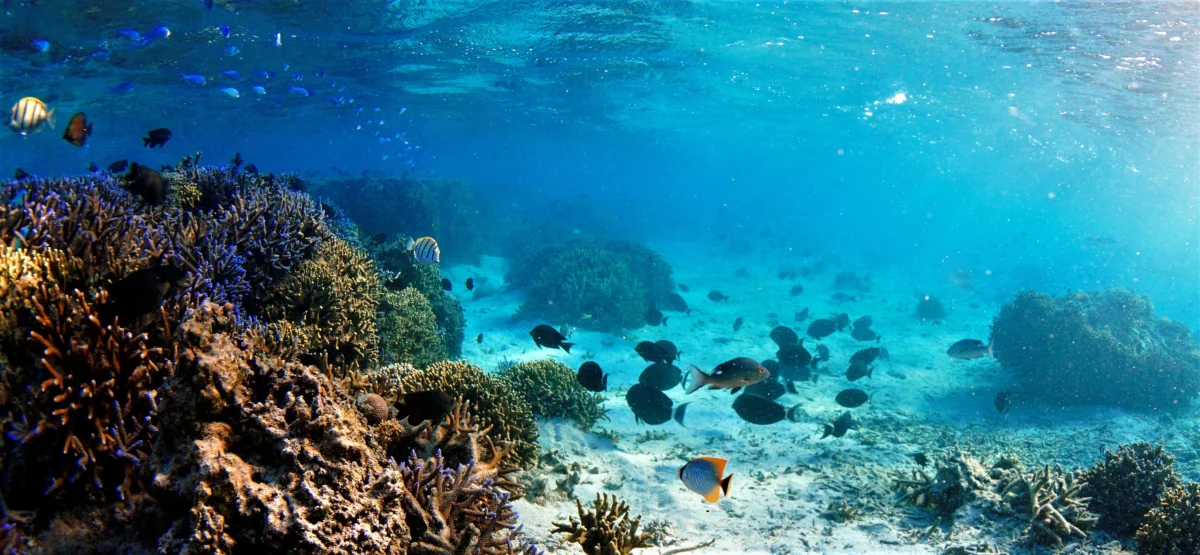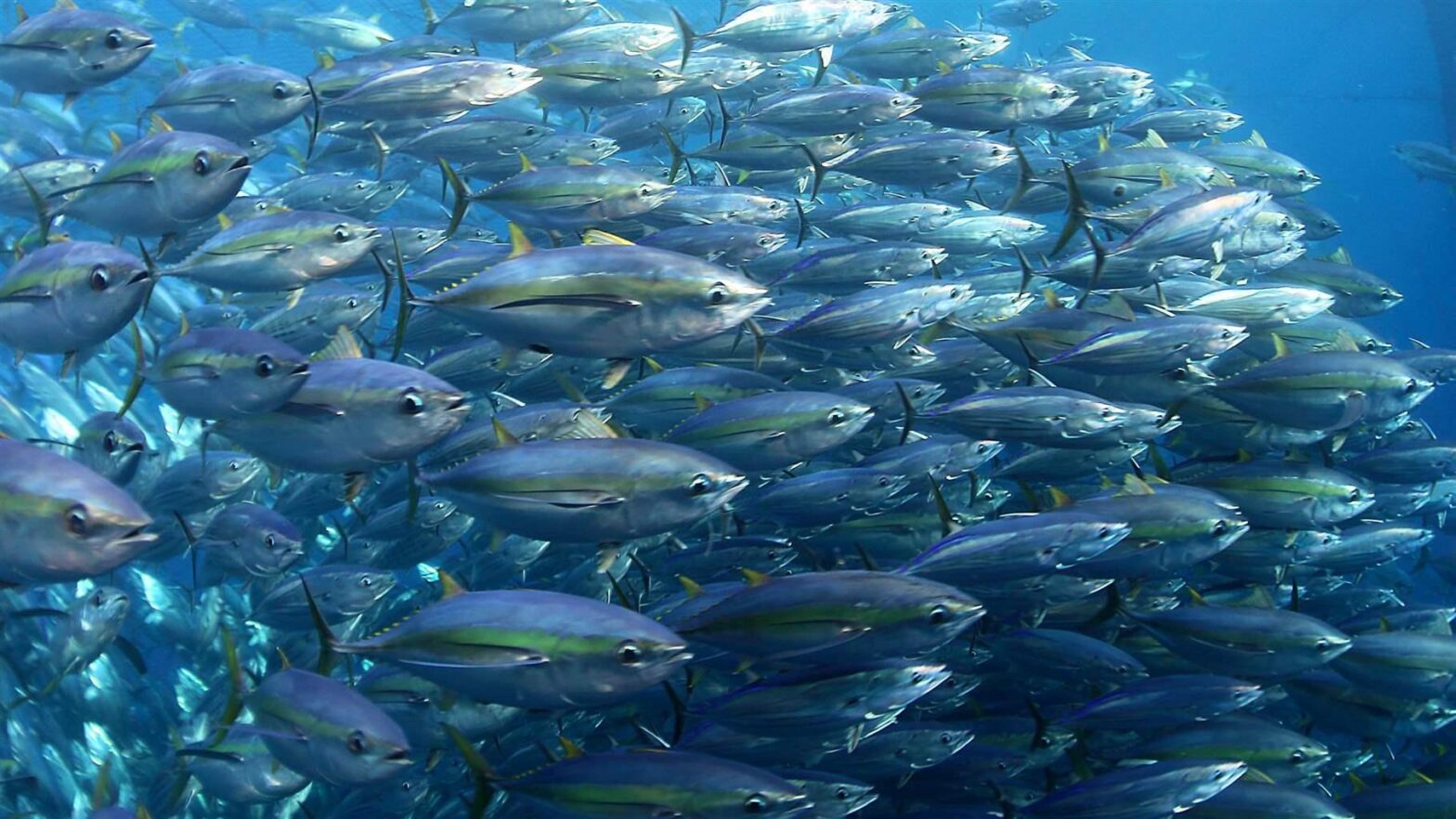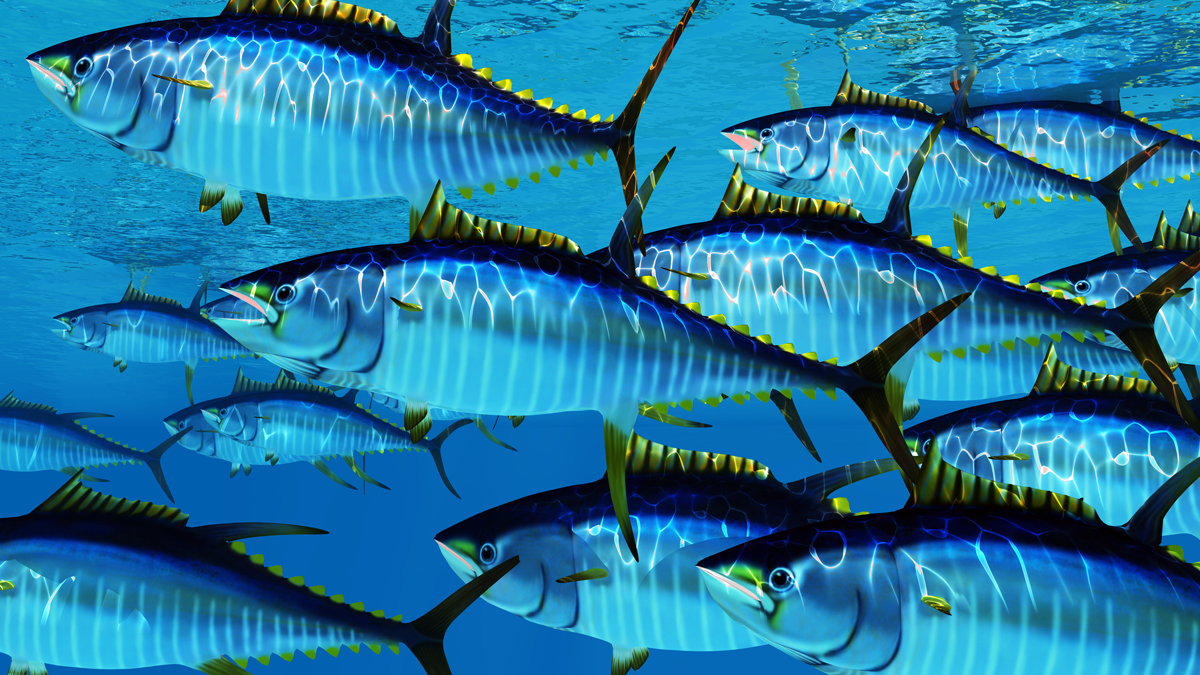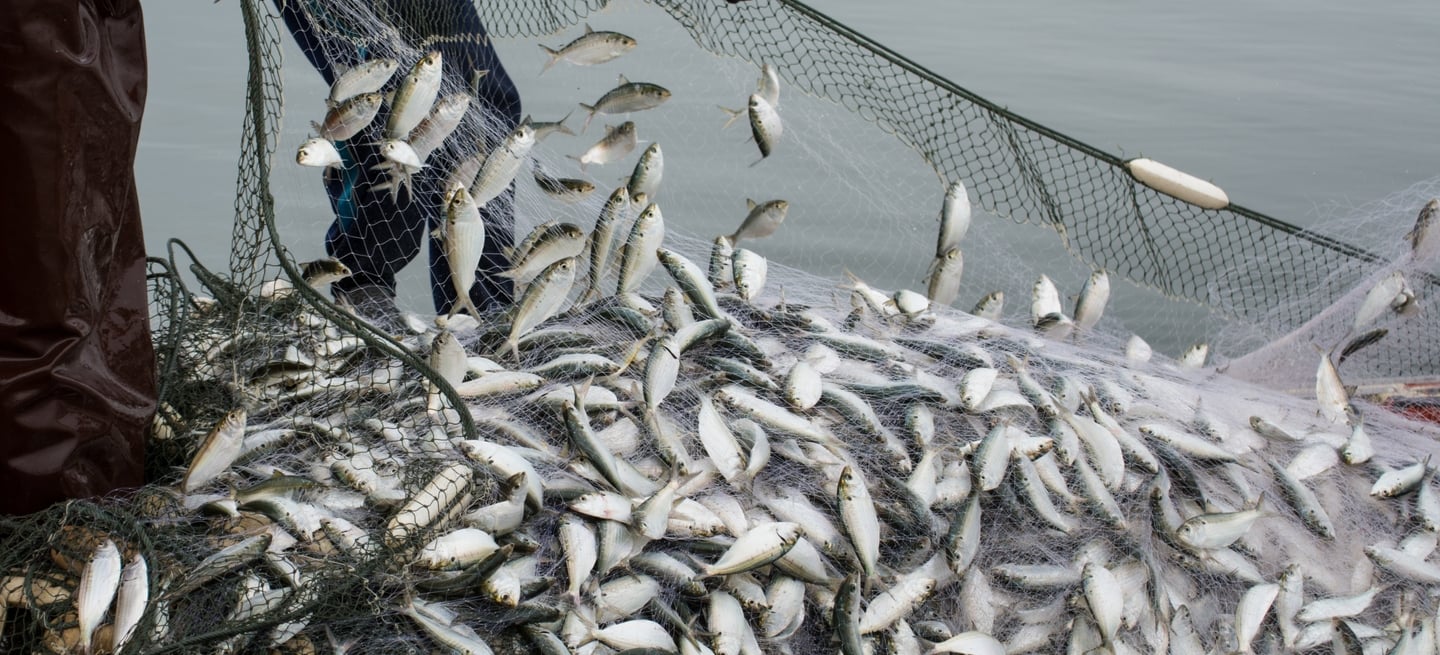WTO members’ credibility being questioned after their approval of a provisional agreement on fisheries subsidies in the Pacific ocean
In June this year, the 12th Ministerial Conference of the World Trade Organisation concluded an interim agreement that aimed to curb harmful fish subsidies and also protect the world’s fish stock. It is also part of efforts to fulfill Sustainable Development Goal 14.
But did it really fulfill that mandate?
This is part one of a three part series scrutinising the fisheries subsidy agreement.
The credibility of the World Trade Organisation (WTO) to meet the SDG mandate set by leaders to curb problematic fisheries subsidies has been questioned by civil society organisations and others in the wake of the conclusion of an interim agreement on fisheries subsidies.
The Agreement on Fisheries Subsidies, which was part of the outcomes of the 12th Ministerial Conference (MC12) held in June this year is intended to set new global rules to curb harmful subsidies and protect global fish stocks in a manner that also recognises the needs of fishers in developing and least-developed countries (LDCs). The WTO Director-General, Dr Ngozi Okonjo-Iweala has stated that “the conclusion of the Agreement marks the first Sustainable Development Goal target that has been fulfilled – 14.6.”
However, Pacific Islands Forum Secretariat Permanent Representative to the WTO, Ambassador Mere Falemaka says the agreement does not fully deliver SDG 14.6, which aims to “prohibit certain forms of fisheries subsidies which contribute to overcapacity and overfishing, and eliminate subsidies that contribute to IUU fishing, refrain from introducing new such subsidies, recognising that appropriate and effective special and differential treatment (SDT) for developing and least developed countries should be an integral part of the WTO fisheries subsidies negotiation.”
“It will be difficult to continue to accept the current agreement which is unbalanced in our view, and that addresses only a small proportion of the subsidies that we are talking about. So, the credibility of the WTO will be in question. I think for many developing countries, appropriate and effective SDT is a critical element of the negotiations going forward, particularly on this bill on overcapacity, and overfishing,” she said at a panel organised by the Pacific Network on Globalisation and Handelskampanjen to discuss the agreement.
Fisheries subsidies — estimated to range from USD$14 billion to USD$54 billion per year globally — enable many fishing fleets to operate longer and farther at sea, to the detriment of marine life.
Last year, a report by the Pacific Island Forum’s Fisheries Agency (FFA) showed that annual tuna harvested and transhipped in the Pacific involving IUU fishing between 2017 to 2019 was worth around US$333 million – 5 percent was due to illegal fishing or unlicensed fishing; 89 percent were misreporting or not reporting; and the remaining 6 percent were noncompliance with conditions of the fishing license.
“For small countries like us in the Pacific, many of us don’t have fleets. We rely on large distant water fishing nations who are coming to the Pacific to fish, but we should not allow this agreement to close the door to our government, who may wish to develop the fishing capacity in future to fish our fish, to process our own fish, and to have the fisheries sector contribute to the economic development of our country’s great job, attract investment and so forth,” Ambassador Falemaka said.
“We see the discipline on overfished stocks as an important contribution to assisting members in ensuring that subsidies to overfished stocks are not continued. At the same time, the Pacific is also a tropical multi-fishery. So, the non-tuna fisheries are also important to us for livelihood security for income generation, and so forth.
“The FFA report also showed that a higher proportion of longline fishing which occur in the Pacific on the high seas, where vessels can turn cheap catch, often at very limited monitoring in place and which could impact other migratory fish stocks in the high seas.” added Ambassador Falemaka.
Alieu Sowe, coordinator of the Gambia Fisherfolk Association who is also member of the Fish Smokers Association, World Forum of Fish Harvesters and Fish Workers, Africa Advisory Group on the implementation of small-scale fishers’ guidelines within Africa describes the negotiation of subsidies as a nightmare.
“Locally, we are seeing big fleets coming into our seas and even if our government apprehend them, the following week, you will see this ship again into the sea. So, what is the essence of the agreement? There is the need, at least to revisit this agreement to capture, to make sure that there is a fair play rather than special and differential treatment between the producers and the actors in the sector.”
WTO Director-General Ngozi re-emphasised the importance of the agreement at the closing session of MC 12.
“The agreement prohibits support for illegal, unreported and unregulated (IUU) fishing. It bans support for fishing in overfished stocks. And it takes a first but significant step forward to curb subsidies for overcapacity and overfishing by ending subsidies for fishing on the unregulated high seas,” Director-General Ngozi while noting the “positive” impact for 260 million people who depend on marine fisheries for their livelihood.
But Pacific Network on Globalisation campaigner, Adam Wolfenden says the world body has a moral responsibility to consider the concerns of developing and least-developed countries, especially those from Pacific Island nations.
“The Pacific is responsible of 20 percent of the world’s economic exclusive zones and produces more than half of the world’s tuna, there cannot be an agreement that does not target the big, heavily subsidised vessels,” he says. “In its current form it doesn’t do this, if a future agreement does not effectively include over capacity and overfishing, then we have failed the mandate set by leaders.”
Pacific Island nations want an expanded interim fisheries subsidies agreement, which the World Trade Organisation is pushing its members to ratify within a year, to include prohibitions on subsidies that encourage “overcapacity and overfishing” which are key issues that plague the region. WTO members in the Pacific are Australia, Fiji, New Zealand, Papua New Guinea, Samoa, Solomon Islands, Tonga, and Vanuatu.
This story was originally published at PANG on 16 November 2022, reposted via PACNEWS.




